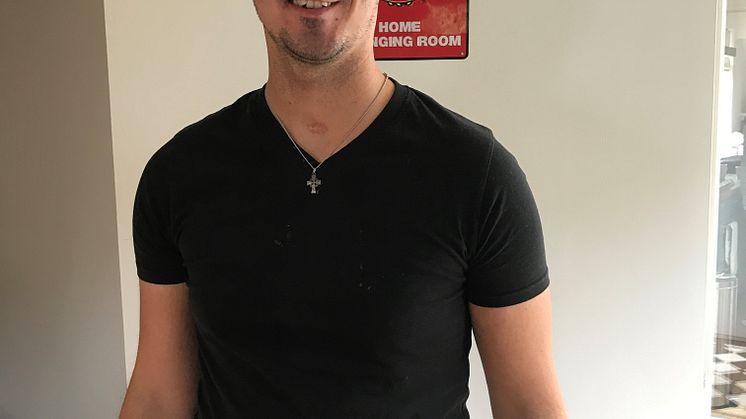Worcester stroke survivor calls on residents to find their festive spirit
Opening presents and decorating the tree are the favourite Christmas activities for people living in the West Midlands according to a new survey by the Stroke Association.(i)
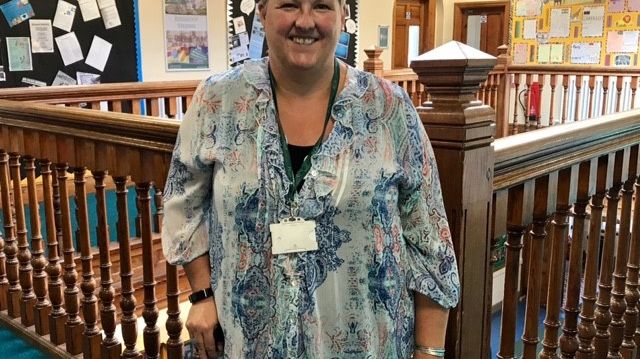
Opening presents and decorating the tree are the favourite Christmas activities for people living in the West Midlands according to a new survey by the Stroke Association.(i)

Opening Christmas presents is the favourite Christmas activity for people living in the North East (60%), according to a new survey by the Stroke Association.(i)
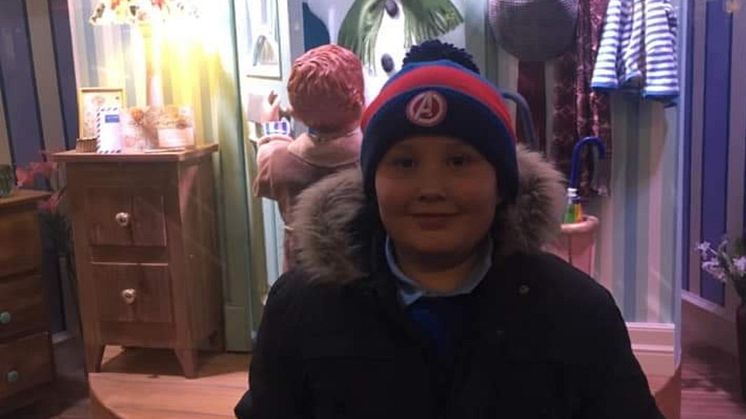
Opening Christmas presents is the favourite Christmas activity for people living in the North West (69%), according to a new survey by the Stroke Association.(i)
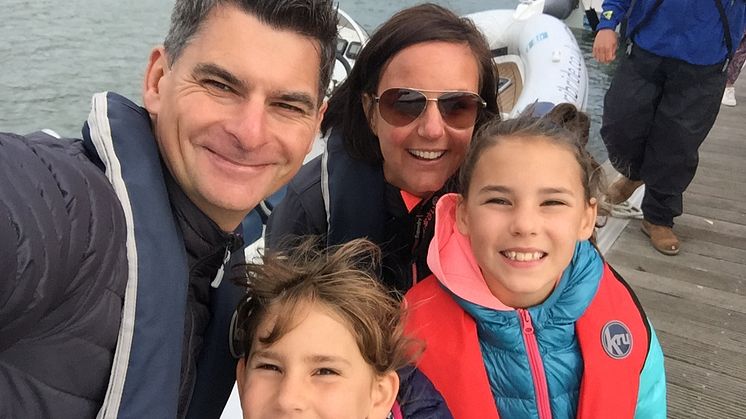
Opening Christmas presents is the favourite Christmas activity for people living in the North East (60%), according to a new survey by the Stroke Association.(i)
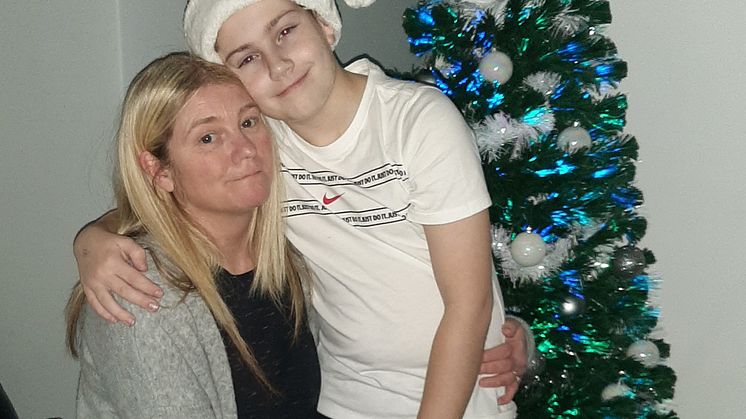
Opening Christmas presents is the favourite Christmas activity for people living in Yorkshire (60%), according to a new survey by the Stroke Association.(i)
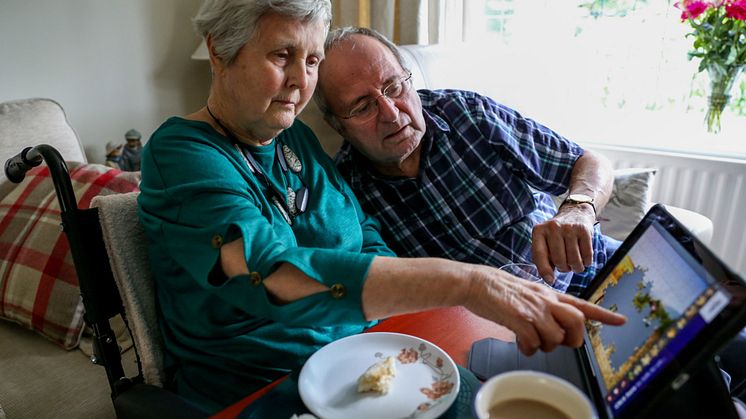
Lauren Stubbs, 32 from Stockport, has raised more than £350 for the Stroke Association, by donning her apron and hosting a Give a Hand and Bake event.
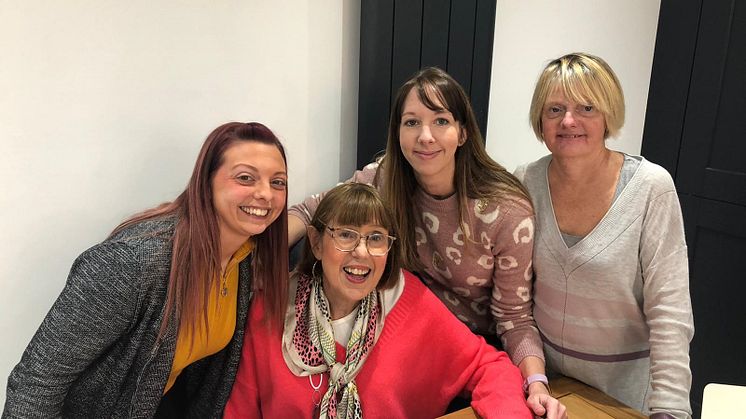
Roundhay Stroke Support Club is celebrating ten years of helping stroke survivors to rebuild their lives.
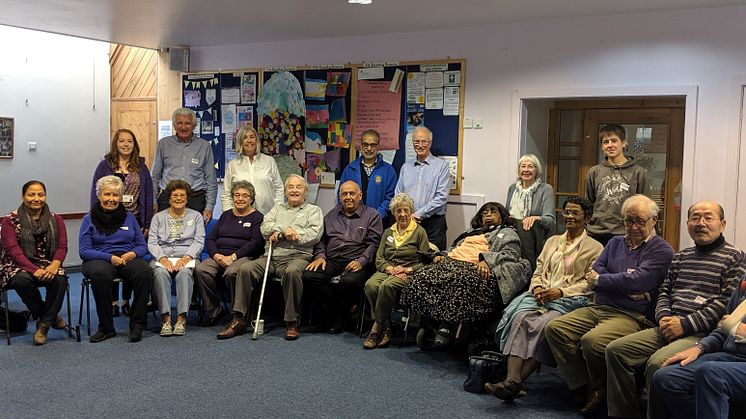
Shocking new figures reveal that more than half (59%) of stroke survivors in Northern Ireland feel they did not receive enough support with their recovery.
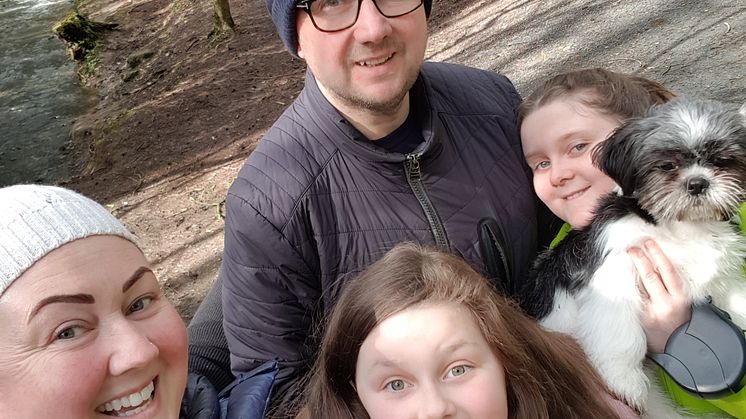
Shocking new figures reveal that more than half (59%) of stroke survivors in Northern Ireland feel they did not receive enough support with their recovery.

Shocking new figures reveal that more than half (59%) of stroke survivors in Northern Ireland feel they did not receive enough support with their recovery.

Shocking new figures reveal huge differences in the support available for stroke survivors across the UK when they leave hospital. Northern Ireland props up the bottom of the league table(i) as the area with the least amount of support available for local populations.
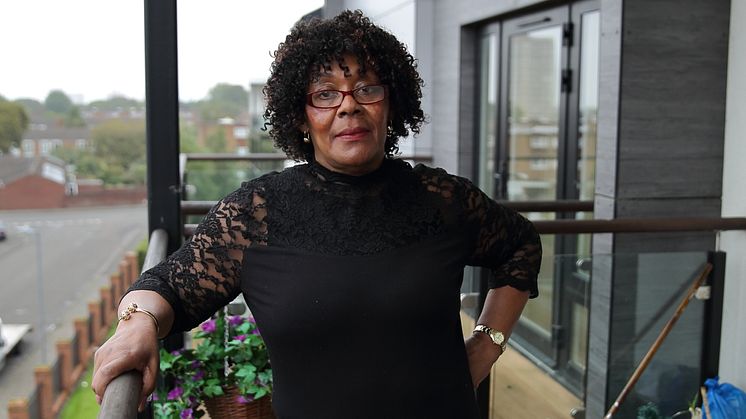
Shocking new figures reveal that more than half (59%) of stroke survivors in Northern Ireland feel they did not receive enough support with their recovery.
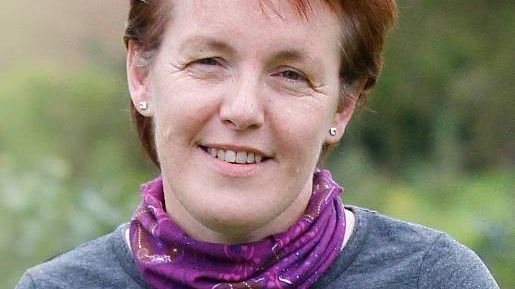
Shocking new figures reveal huge differences in the support available for stroke survivors across the UK when they leave hospital. Northern Ireland props up the bottom of the league table(i) as the area with the least amount of support available for local populations.

Shocking new figures reveal huge differences in the support available for stroke survivors across the UK when they leave hospital. Northern Ireland props up the bottom of the league table(i) as the area with the least amount of support available for local populations.
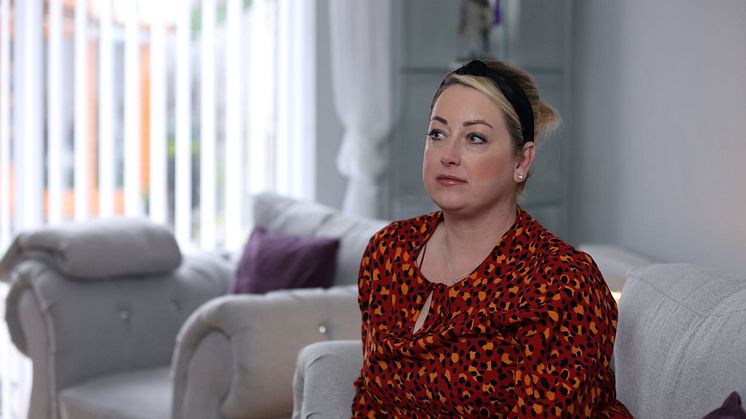
Press release to accompany a report showing a postcode lottery for rehabilitation services in the UK, with only 41% of stroke survivors in Northern Ireland reporting they received enough support post-hospital. The Stroke Association are calling for the national clinical guidelines for stroke rehab to be accessible for all stroke survivors. World Stroke Day (29th October 2019) story.
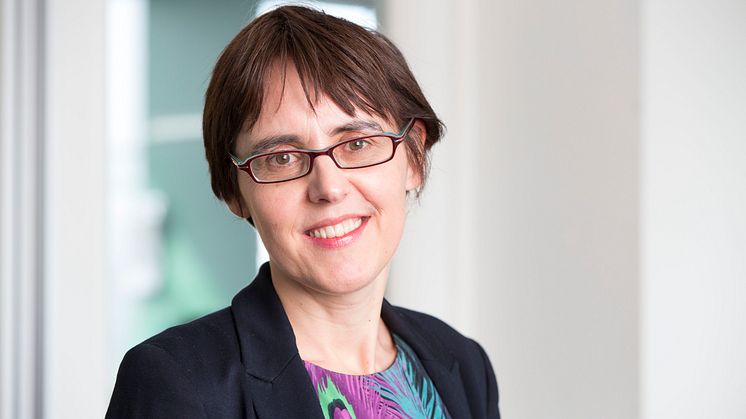
Mary and her husband Richard, who is a stroke survivor from Worcester, are calling on local residents to Give a Hand and Bake to raise funds for the Stroke Association.
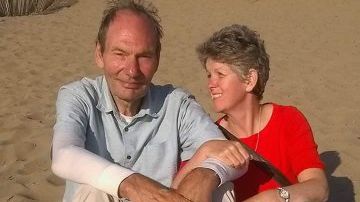
A woman from Cheshire, who had an extremely rare type of blood clot that led to a stroke, was told by consultants she was extremely lucky to survive.
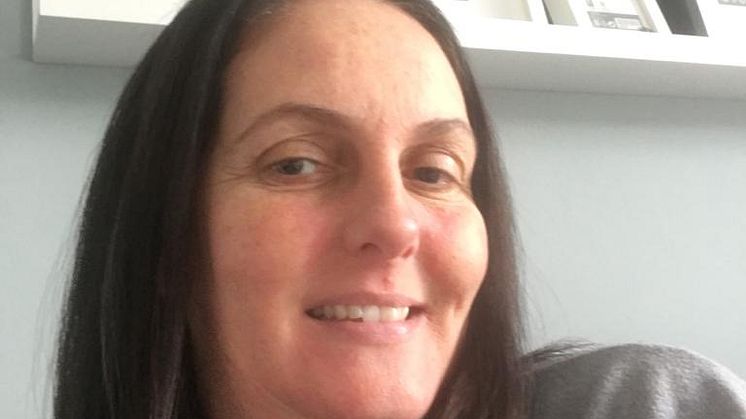
Elly Milton, a 19 year old stroke survivor from Murdishaw, and her family are inviting local residents to come along to a Give a Hand and Bake event, to raise vital funds for the Stroke Association.

Inspirational art work created by stroke survivors from across Sheffield will be on public display at the Harland Cafe on John Street, Sheffield throughout October.
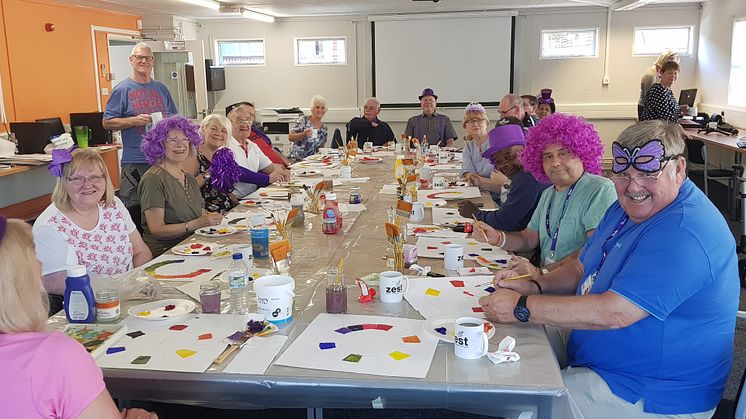
More than one million(i) stroke survivors (89%) live in fear of having another stroke and are scared to go out alone (79%), leaving them afraid for their recovery (79%) in the aftermath of their stroke, according to a leading national charity. The Stroke Association’s startling new findings(ii) show how people’s recoveries are under threat from fear itself.
